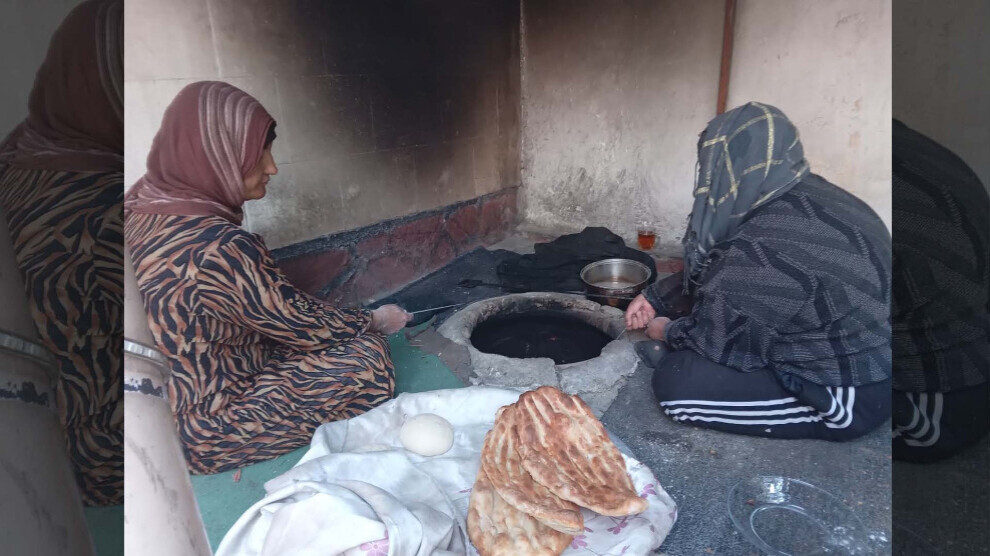Working women in Afghanistan face Taliban restrictions at workplaces
The data of the Afghan Statistic and Information Authority predicting that female labor force participation would increase by 40% in 2020 remained only on paper.

BAHARİN LEHİB
Kabul- According to the data of the United Nations (UN), female labor force participation in Afghanistan was 15% in 2010, 19% in 2015, and increased to 22% by 2020. According to the data released by the Afghan National Statistic and Information Authority (NSIA) in 2019, female labor force participation in Afghanistan would increase by 40% in 2020. But since the Taliban took the control of the country last year in August, the female labor force participation has been decreasing.
Everything changed after the Taliban took the control
As of 2020, the rate of women in the Afghan Parliament was 27% but since the Taliban returned to power in Afghanistan in 2021, women haven’t been allowed to work, even as members of the parliament.
Since the Taliban took over the country, the country has been suffering from many crises, including an administrative crisis, political crisis, and economic crisis. Afghan women have been deprived of their rights such as their right to education and work.
Before the Taliban takeover, women worked hard to build a space for themselves in the economy, politics, and social life for the last 20 years. They took part in the labor force; worked in factories, agriculture, and many sectors, in science-technology and sports. They were paid less than men, but now they have lost their jobs.
She feels lucky because she has a job
Hanifa Hosseini is the mother of eight and a worker. “My eldest son worked as a metalworker before the Taliban takeover but he lost his job due to the economic crisis. My husband cannot work because he is old. My daughters are students but they have stayed at home because the Taliban don’t allow them to go to school. I have worked in a bakery along with three women to meet my family’s needs,” she told NuJINHA. Although she has to work for hours per day, she feels lucky for having a job.
She is humiliated for working
“Our economic situation is not good,” Hanifa said, adding, “The Taliban see working women as poor and beggar. But we don’t beg, we try to make a living by working. I have been humiliated since I started working. They humiliate me to make me leave my job. But I will keep working because I have to.”
